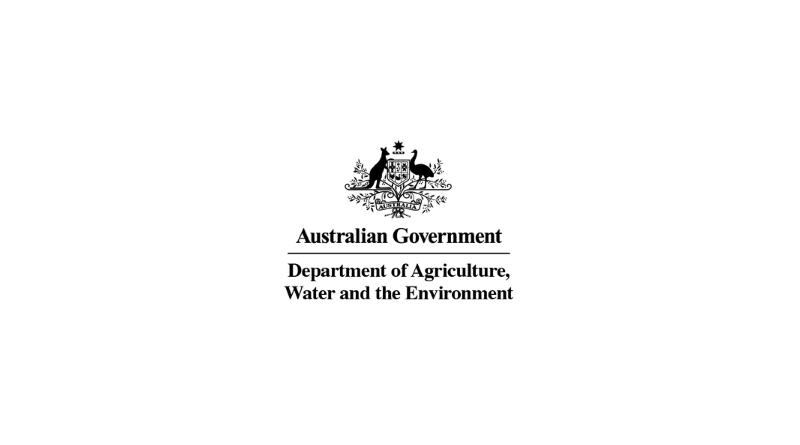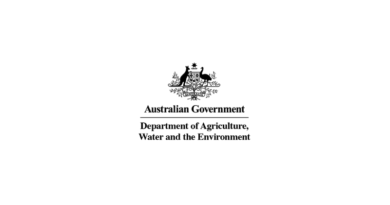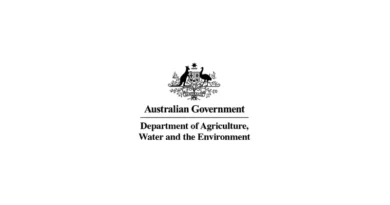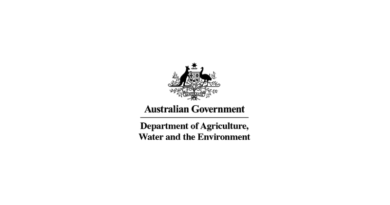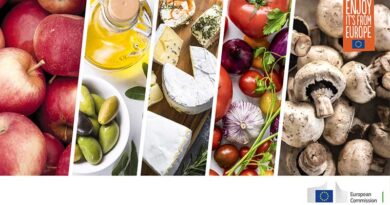Souvenir costs cruise ship traveller $3,300 for biosecurity breach
10 March 2023, AU: A coconut might be a great souvenir from a Pacific cruise holiday however one traveller’s undeclared keepsake recently cost them $3,300 for breaching Australia’s biosecurity laws.
Cruise ship travellers are reminded to check their bags before attempting to enter Australia and to declare all food, plant material and animal products on the Incoming Passenger Card when arriving in Australia.
A traveller on a ship which originated in New Zealand was fined $3,300 recently after attempting to enter the Brisbane International Cruise Terminal carrying a large amount of plant material including: two live plants, a coconut shell, seed pods, betel nut, mustard sticks, shells, coral, and dried plant materials.
The department’s Deputy Secretary for Biosecurity and Compliance, Dr Chris Locke said the infringement was the first issued since the resumption of international cruise travel following the COVID-19 pandemic. Dr Locke said it served as a warning for all travellers to ensure they comply with Australia’s biosecurity laws.
“It is fantastic to have cruise ships back at our ports, but we do not want anyone to go home with more than they bargained for by breaching our biosecurity laws,” Dr Locke said.
“Australia is a unique place and the protection of our precious environment and wildlife is why we are so vigilant when it comes to biosecurity. We want to ensure that everyone on board cruise ships disembark with great memories, not infringements or pests or diseases that could potentially devastate Australia’s plants, animals and agricultural systems.”
Australia is free from many pests and diseases found around the world. Our animal, plant and human health rely on stringent controls and measures to manage the risk of these pests and diseases entering and becoming established in Australia.
Plant material is highly attractive to a considerable range of pests and diseases including arthropods, nematodes, bacteria, fungi, viruses, and viroids, which feed, live and reproduce on and in the plant material and remain viable for prolonged periods of time. There is also the potential for significant animal biosecurity diseases to be associated with plant products, including such things as foot-and-mouth disease, African swine fever, which are high priority pathogens for Australia.
Many exotic pests and diseases can easily survive transport and storage conditions and can be easily distributed into the Australian environment where they could become established and spread further to new areas.
Plant material can also become contaminated with a range of other biosecurity risk material such as infected soil, live animals such as snails, weed seeds, and animal faeces.
There can be significant resource and monetary costs associated with control or eradication programs that would be implemented in response to new incursions. There can also be devastating costs to Australia’s export industry due to loss of access to overseas markets if new quarantine pests become associated with our export production pathways. This can have flow on economic effects to tourism and local communities.
Also Read: Tendovo soybean herbicide from Syngenta earns rave reviews during first season of use
(For Latest Agriculture News & Updates, follow Krishak Jagat on Google News)

